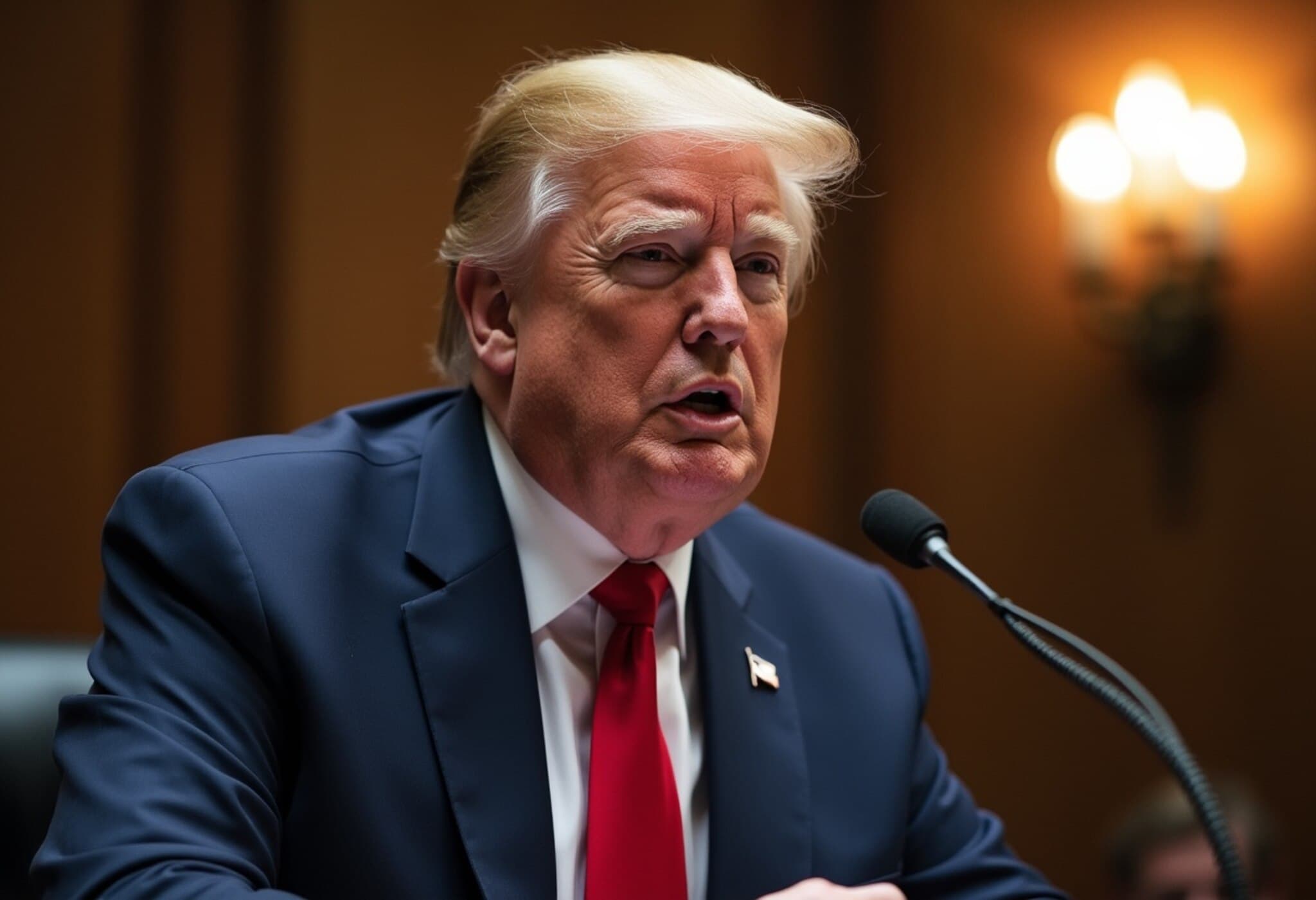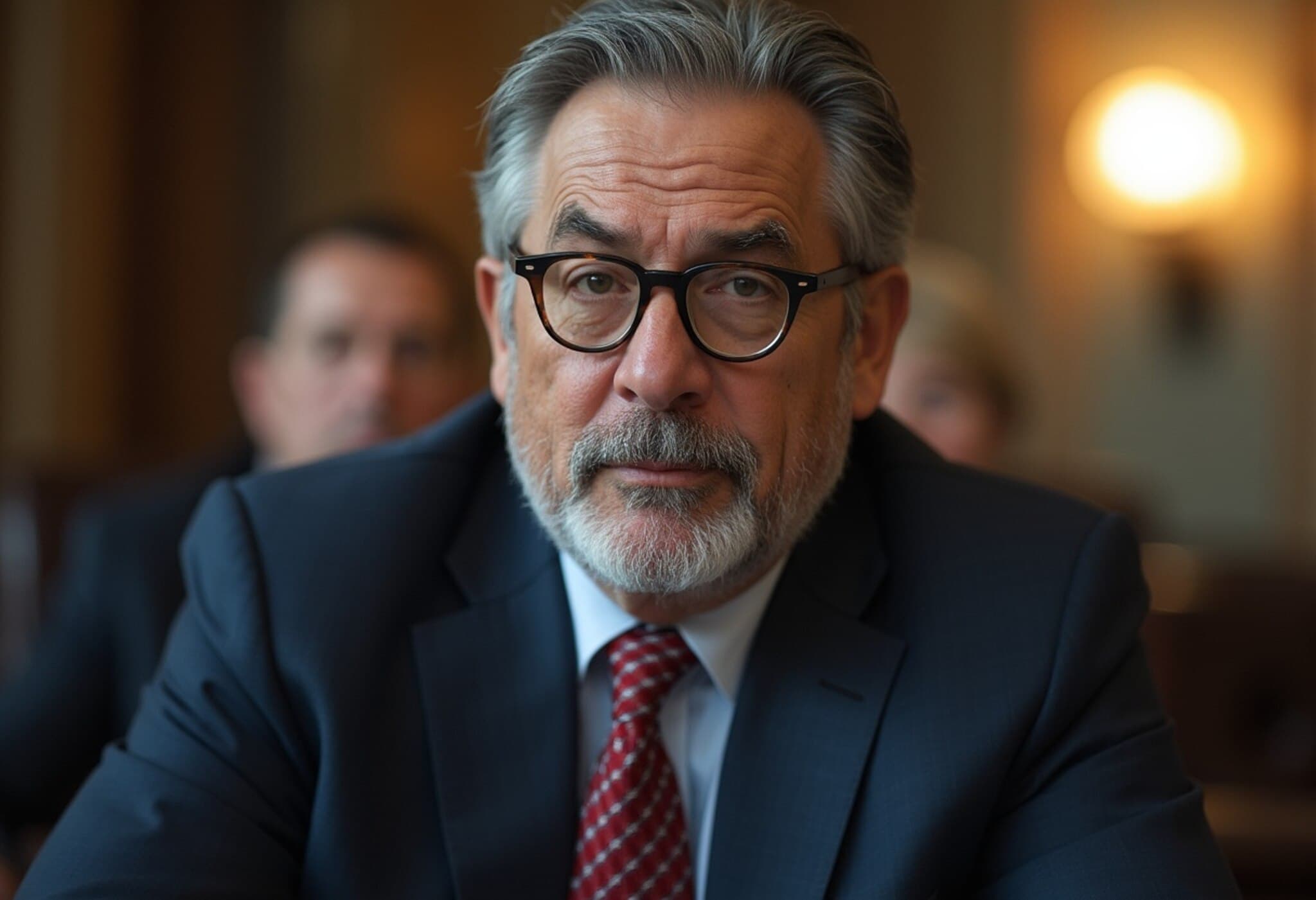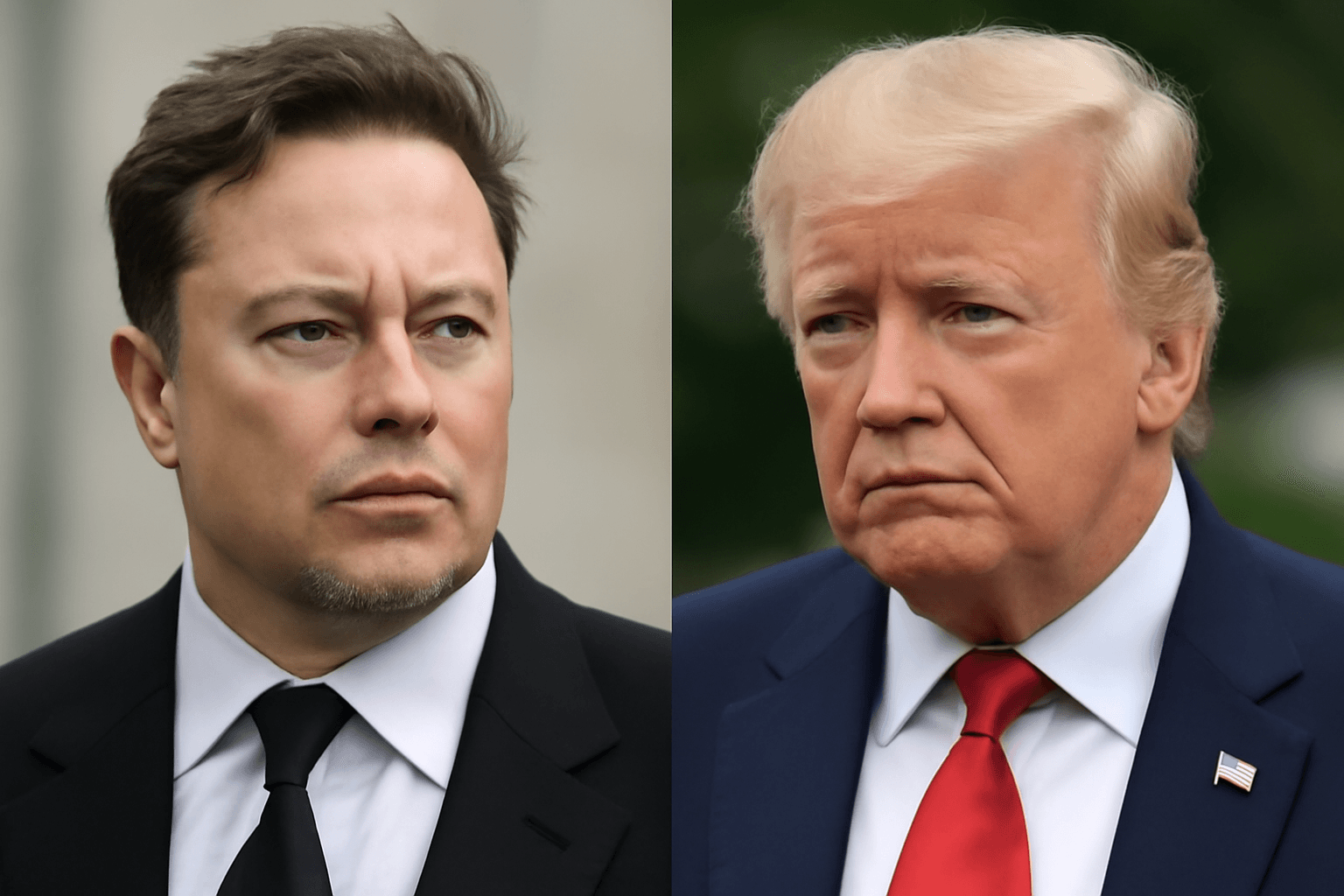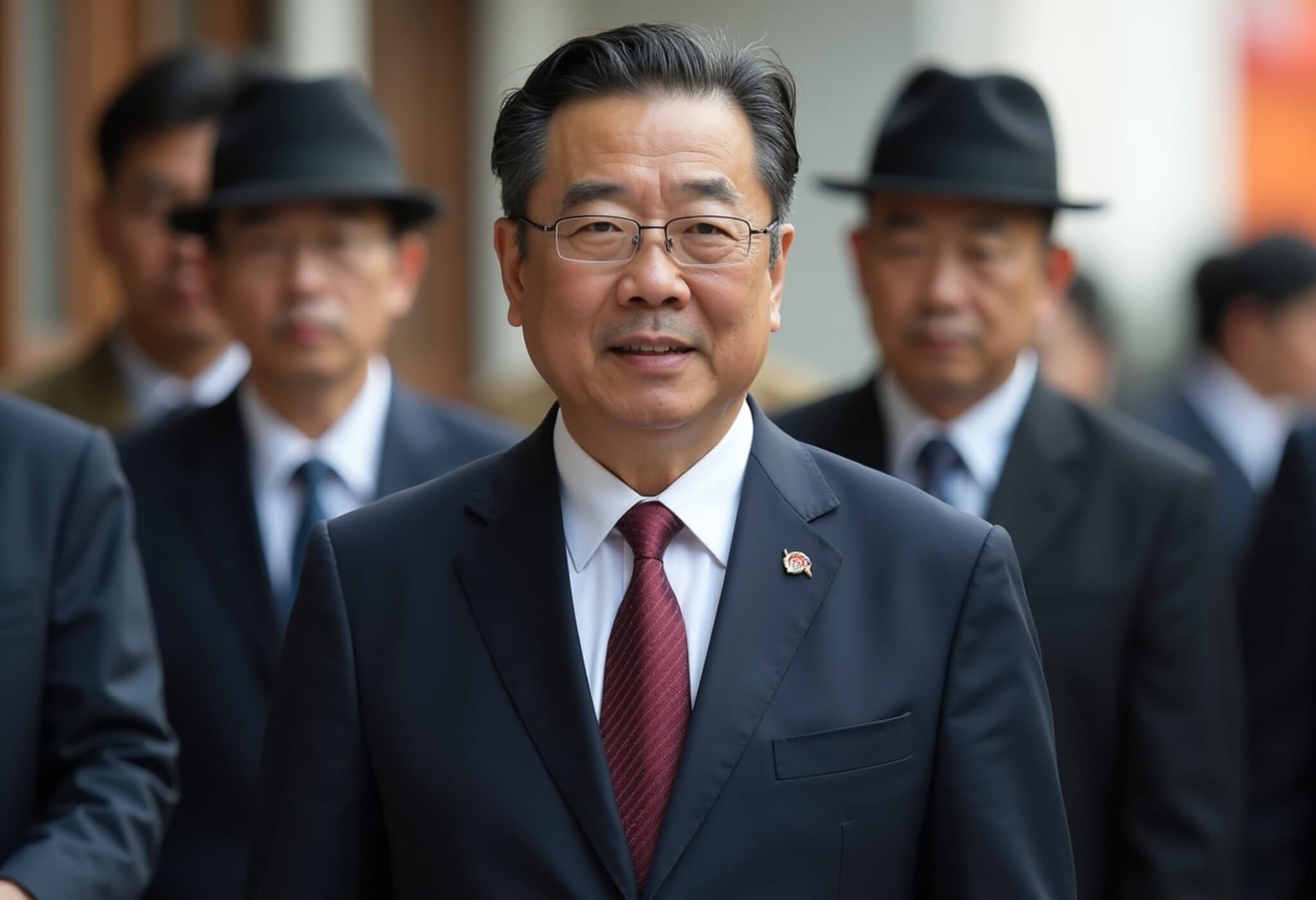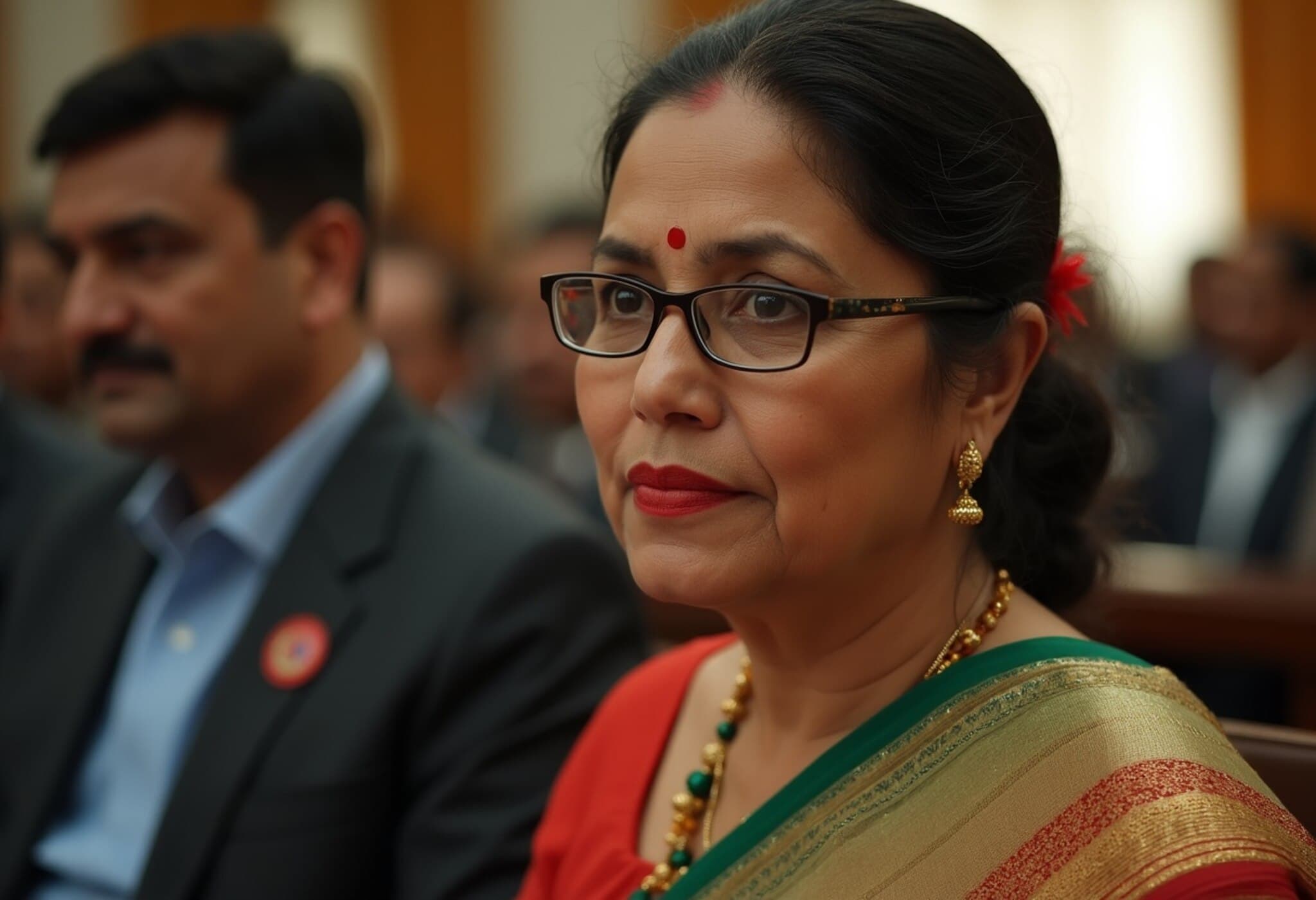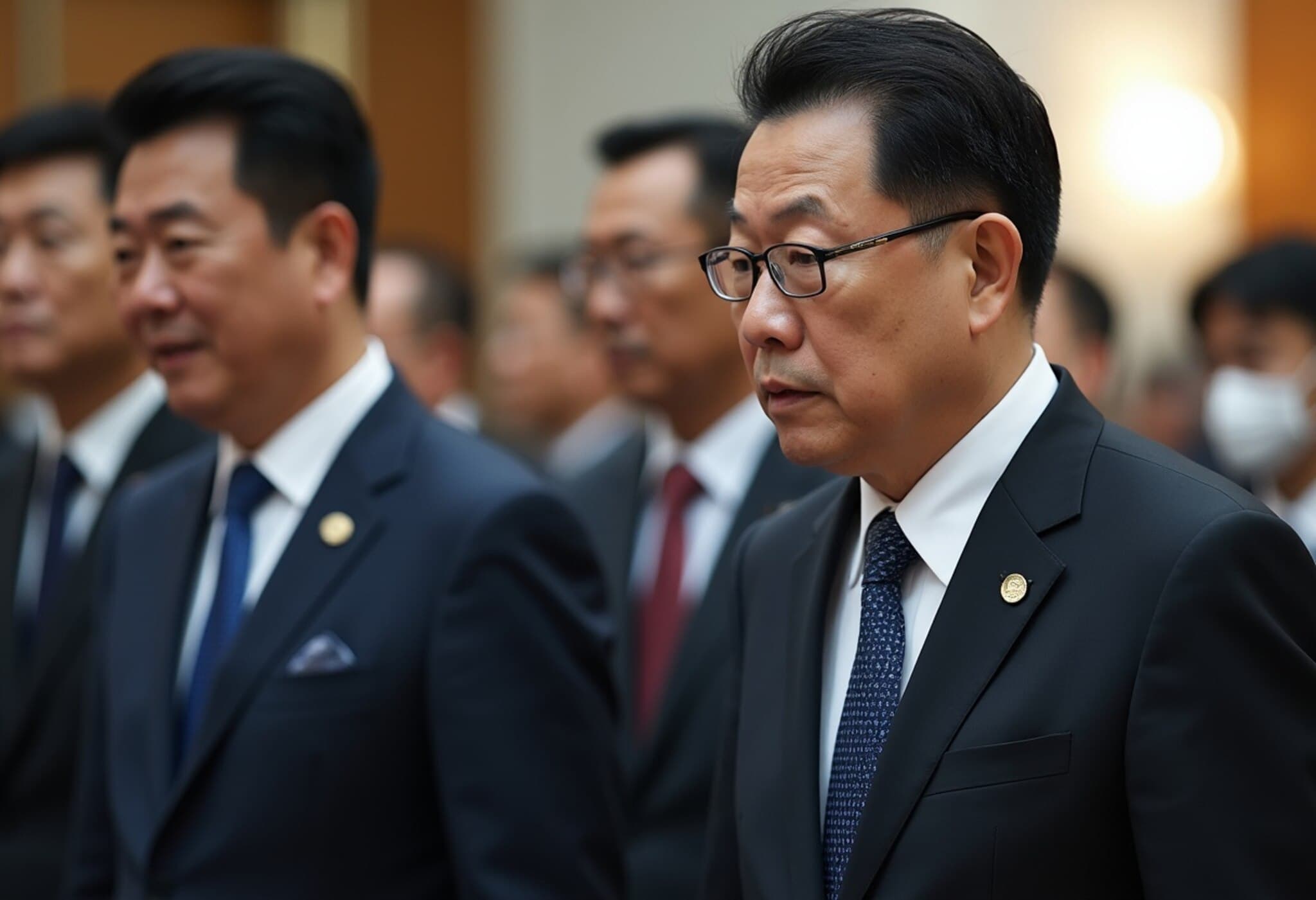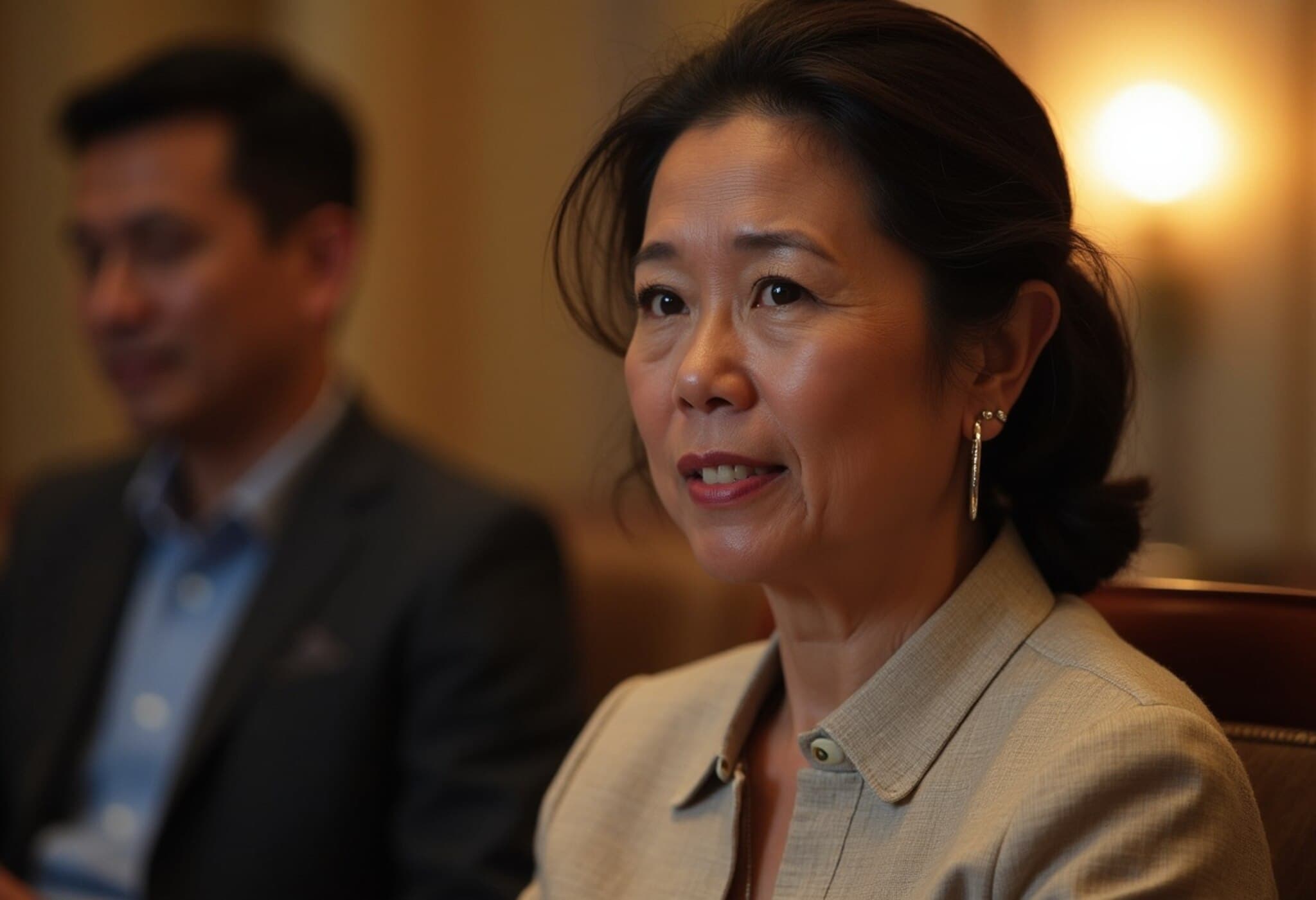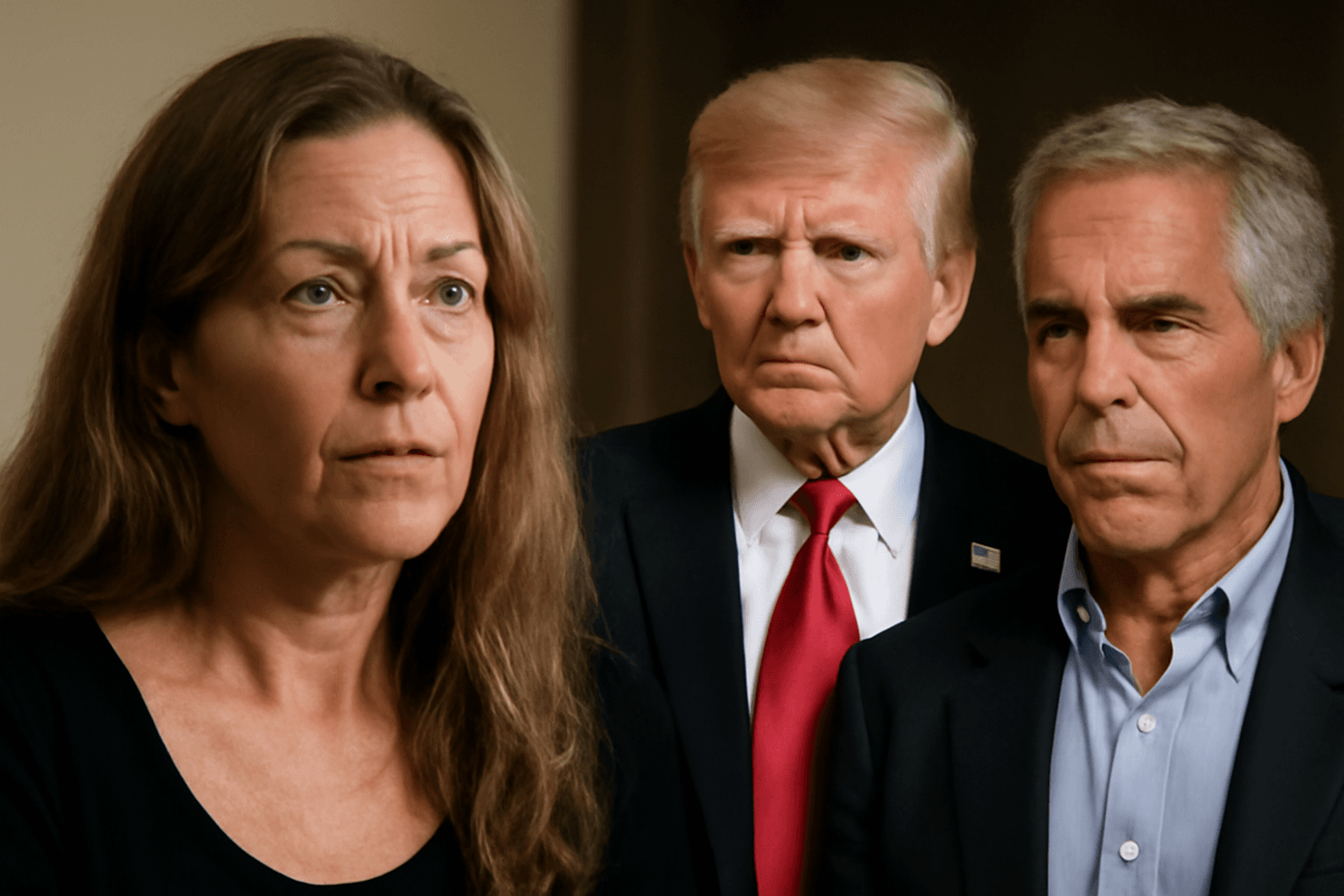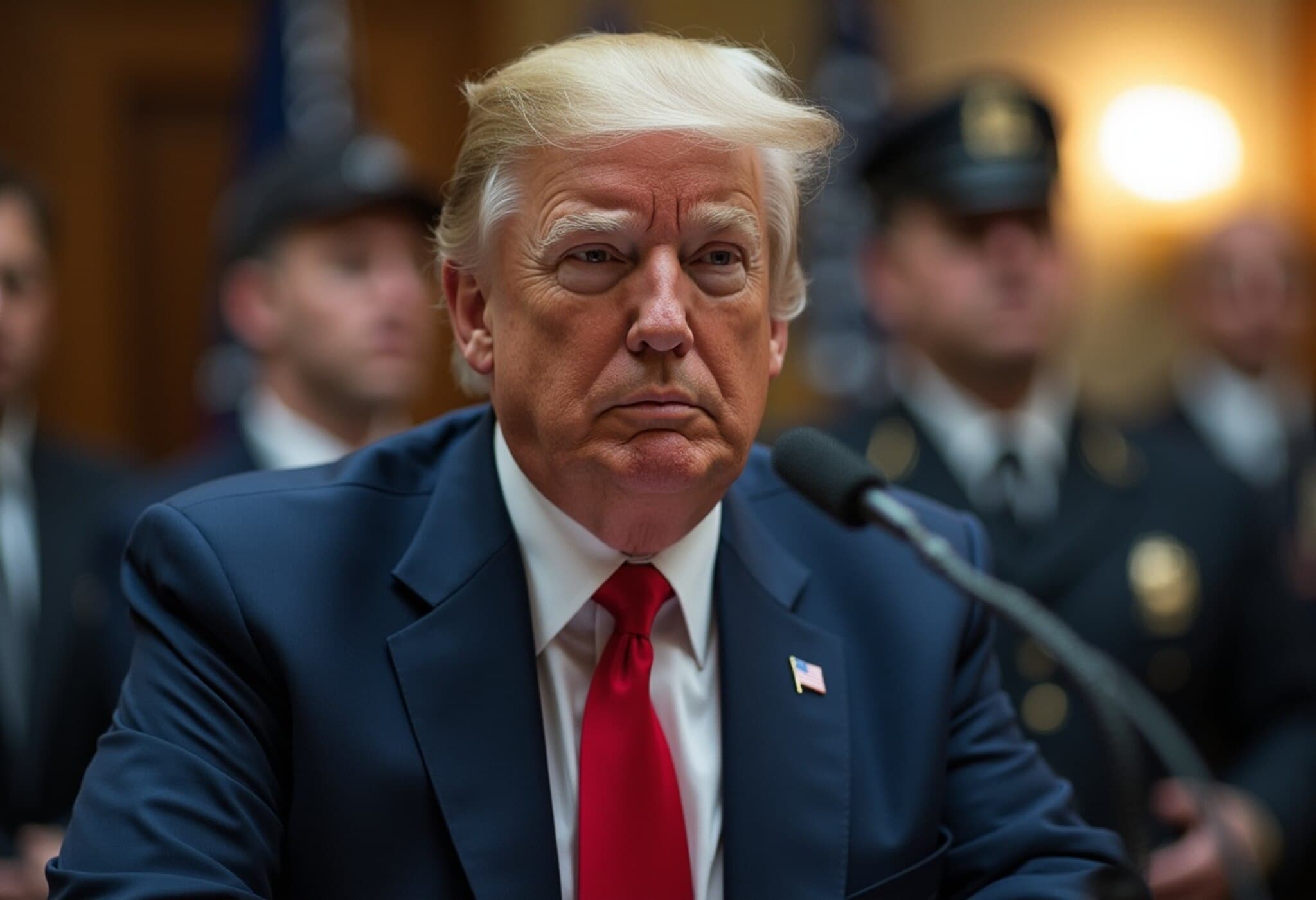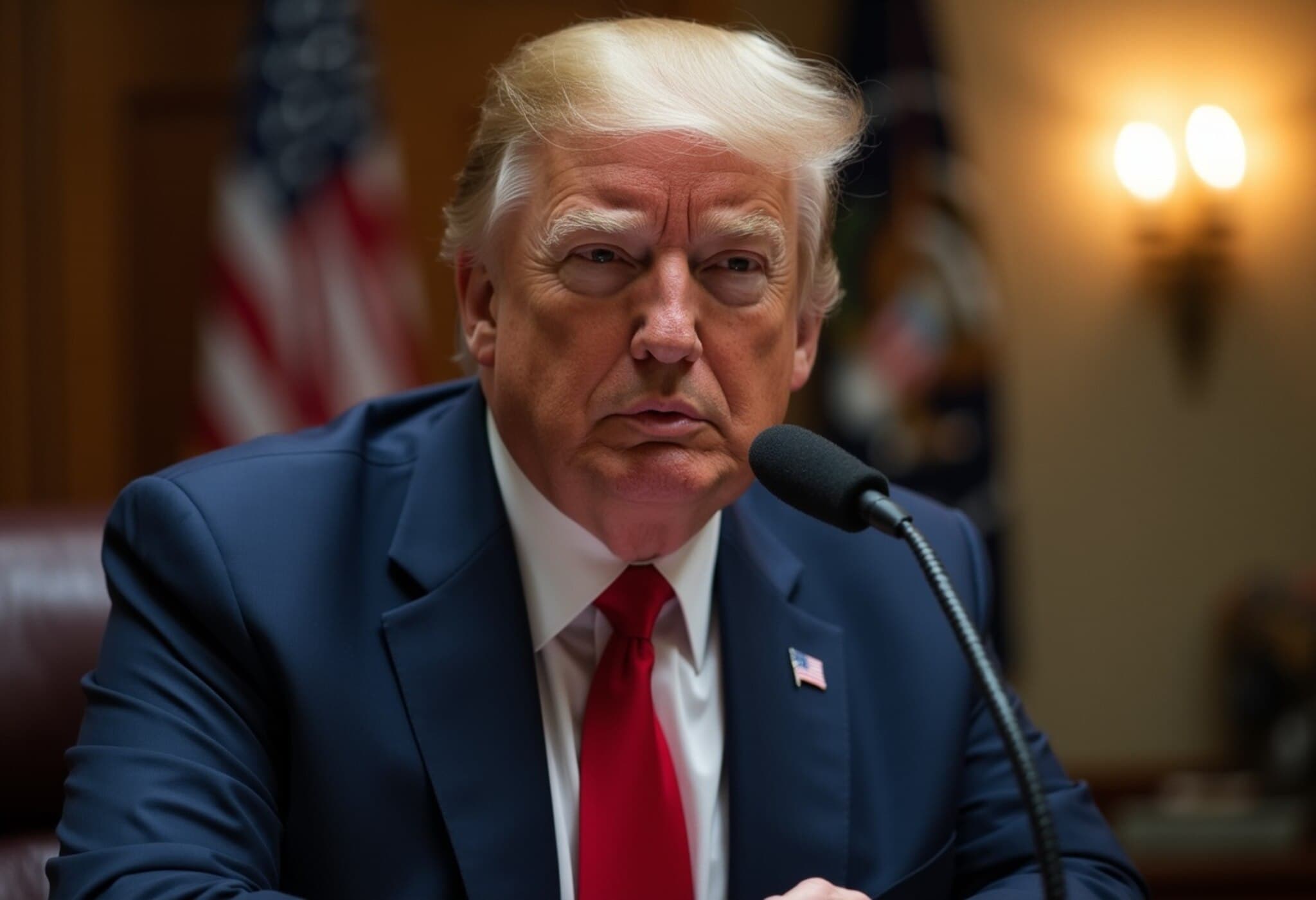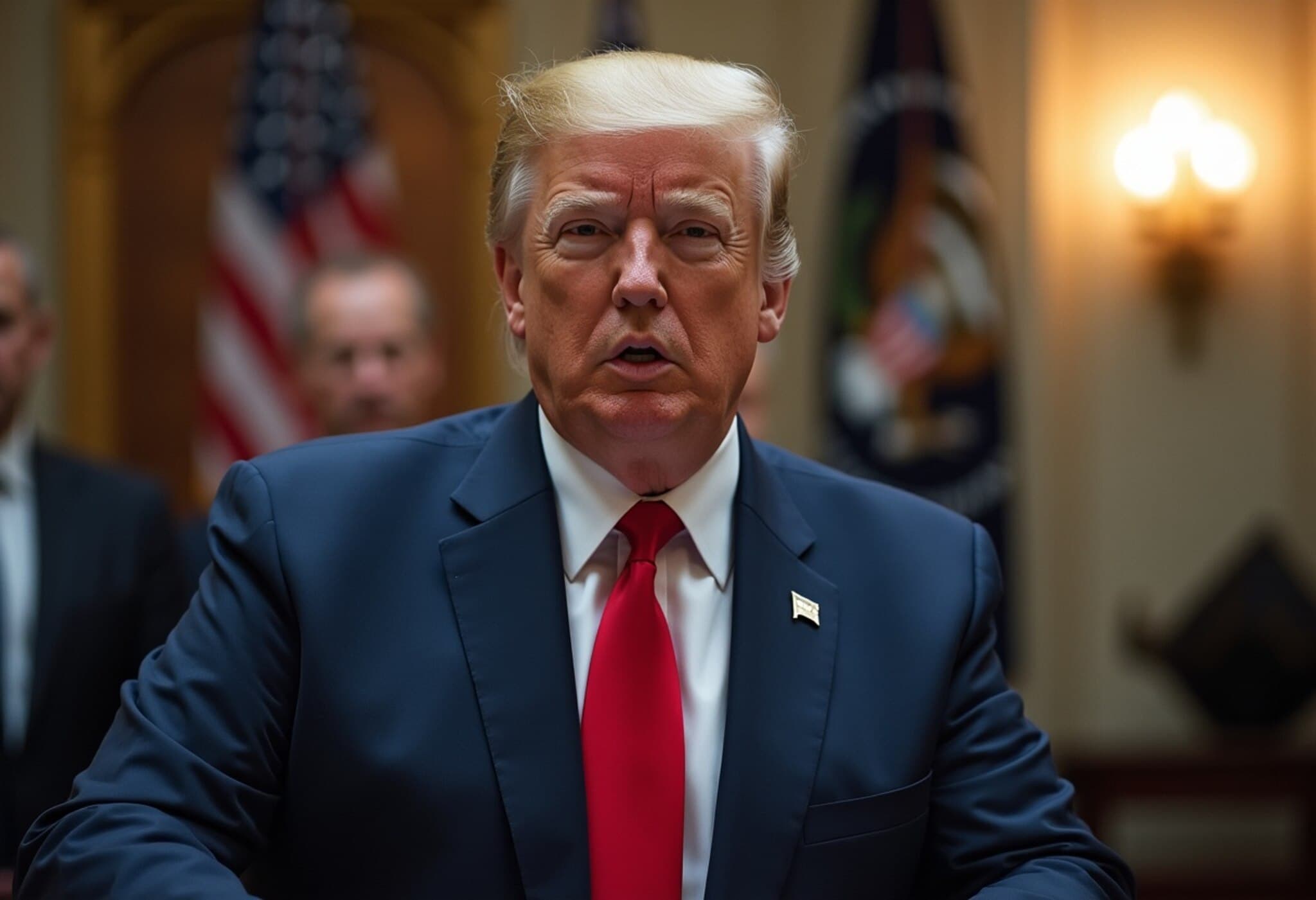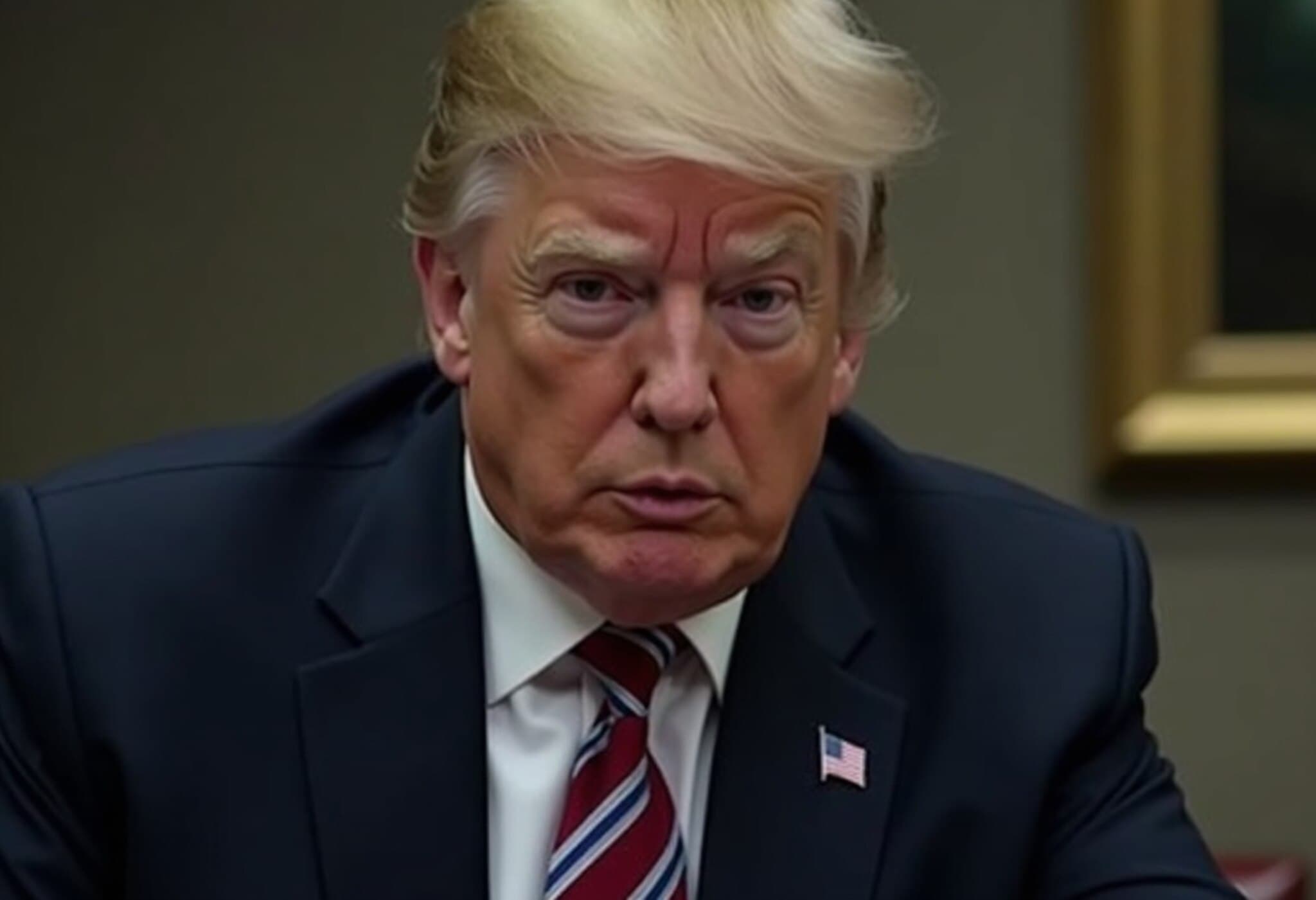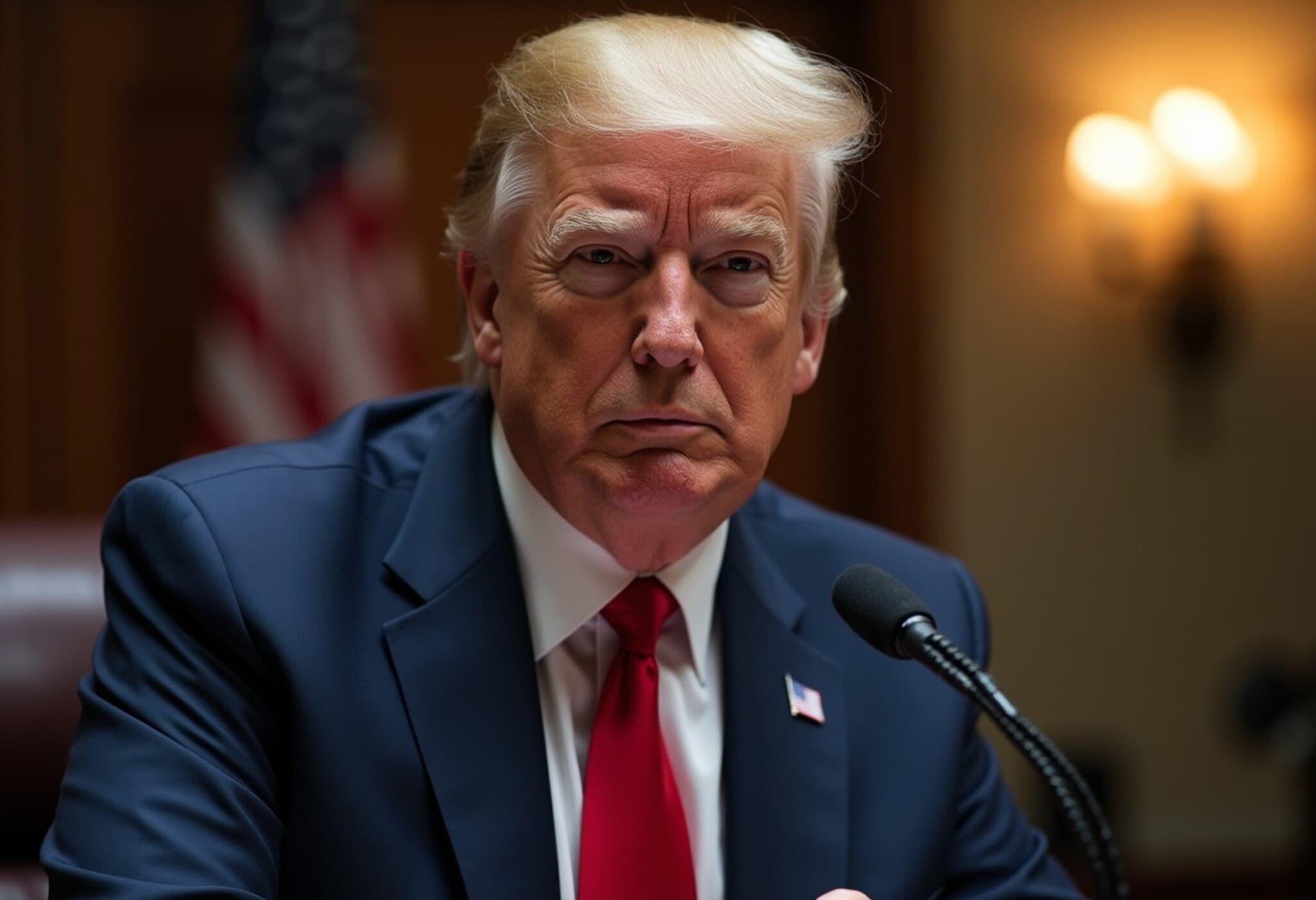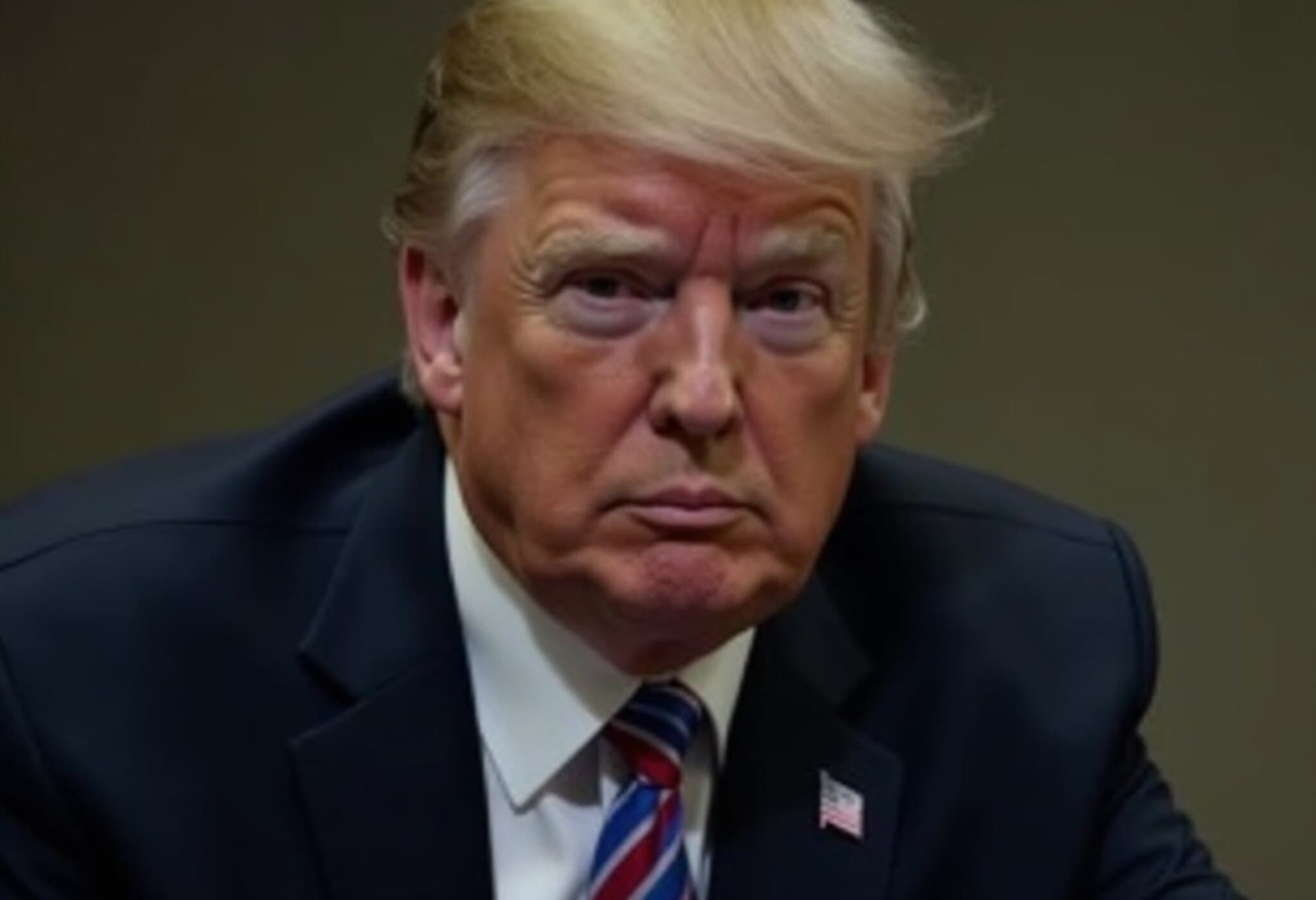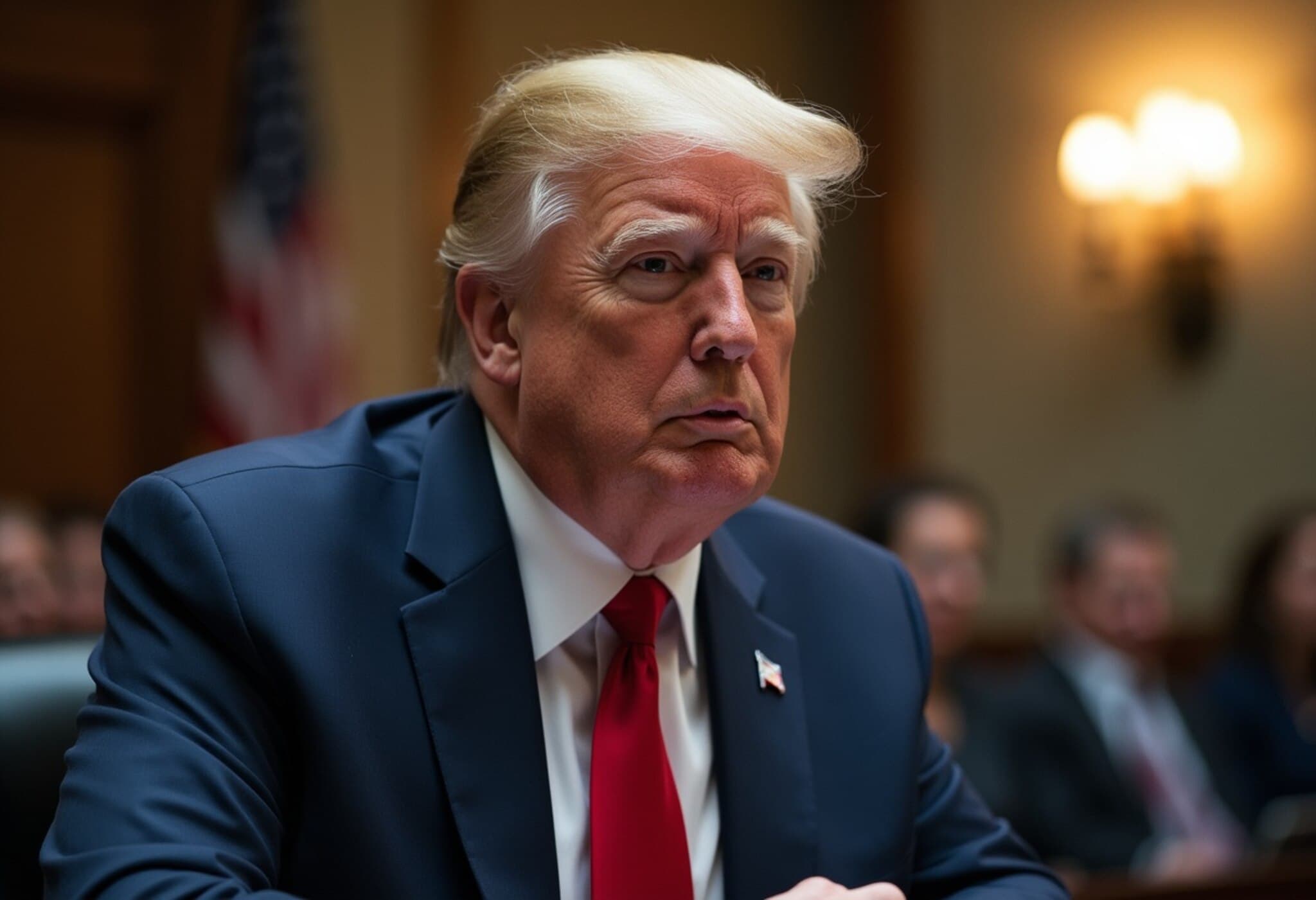House Speaker Mike Johnson Calls for Full Disclosure on Epstein Case
In a significant development on the continuing intrigue surrounding the late financier and convicted sex offender Jeffrey Epstein, House Speaker Mike Johnson (R-La.) has publicly emphasized the need for "maximum transparency" regarding all documents and evidence linked to Epstein, Ghislaine Maxwell, and their associates. Speaking on CNBC's "Squawk Box" on July 18, 2025, Johnson voiced the frustration shared by many Americans eager for full disclosure of the so-called "Epstein files."
Johnson Aligns with Trump on Transparency, but Disputes Allegations
Johnson made clear that President Donald Trump supports this call for openness. "What I believe in is maximum transparency, and so does President Trump," said Johnson. This statement comes amid the release of a controversial 2003 "bawdy" birthday album for Epstein reportedly featuring a signed letter from Trump alongside a drawing of a naked woman. Trump has categorically denied involvement or knowledge of such imagery, labeling the allegations "patently absurd."
Johnson further revealed that he discussed these reports directly with Trump, who expressed significant frustration and hinted at possible legal action against media outlets disseminating the claims. "The president and I talked about that ridiculous allegation this morning," Johnson recounted, emphasizing Trump's insistence that the allegations are fabricated and misleading.
Trump’s Conditional Push for Grand Jury Testimony Release
Despite aggressively distancing himself from these accusations, Trump has acceded under Republican pressure to seek broader transparency. Late on Thursday, he instructed embattled Attorney General Pam Bondi to produce "any and all pertinent Grand Jury testimony, subject to Court approval" relating to Epstein’s criminal investigations.
However, legal experts highlight that grand jury records are typically among the most confidential pieces of evidence, shielded by federal rules designed to protect victims and uphold privacy. Johnson underscored this reasoning, stating such protections guard against unsubstantiated claims being publicized. Nonetheless, he advocated for releasing all other materials "not held back from a court of law."
The Political Tightrope: Balancing Demands and Denials
This stance exposes the delicate position Republicans currently navigate—attempting to satisfy their constituents’ craving for answers while respecting the president’s aggressive denials of any wrongdoing or hidden evidence. The Epstein scandal continues to reverberate through US politics, raising unsettling questions about power, privilege, and accountability.
Context: Epstein’s Death and Enduring Controversies
Jeffrey Epstein died by apparent suicide in 2019 shortly after his arrest on federal charges of sex trafficking minors. The murky circumstances of his death and the breadth of his connections to prominent figures—including allegations some exploited minors at his properties—have fueled conspiracy theories and intense public scrutiny of the Justice Department’s long-awaited disclosures.
Democrats have sought to leverage the fissures exposed among pro-Trump Republicans by proposing legislation mandating the release of all Epstein-related evidence held by the Department of Justice (DOJ). Some GOP members have also voiced support for these transparency measures. In an effort to formalize these demands, the Republican-controlled House Rules Committee advanced a resolution calling on the DOJ to disclose relevant information. Critics from Democrats dismissed the move as lacking enforcement power, effectively a symbolic gesture rather than a binding mandate.
Trump’s Retort Highlights Political Divide
In response to calls for disclosure, Trump tweeted on Friday morning, "If there was a 'smoking gun' on Epstein, why didn't the Dems, who controlled the 'files' for four years, and had Garland and Comey in charge, use it? BECAUSE THEY HAD NOTHING!!!" This comment references past Democratic oversight of justice officials and intensifies the partisan contention surrounding the files.
Expert Insights: Transparency, Justice, and Democratic Trust
From a policy perspective, the Epstein files represent more than just salacious details; they symbolize the fragile trust between the American public and institutions responsible for justice and accountability. Experts warn that withholding information risks further eroding confidence, while indiscriminate release could jeopardize victim privacy and court proceedings. The balancing act here reflects broader debates over transparency in government investigations involving high-profile figures.
- Legal Constraints: Grand jury secrecy laws are designed to shield victims and prevent undue reputational harm before evidence is fully vetted.
- Public Interest: Demand for transparency is amplified by Epstein's connections to elites, sparking skepticism about whether justice was fully served.
- Political Implications: The issue highlights divisions within and between parties, influencing legislative priorities and public messaging.
Looking Ahead: The Quest for Clarity
As the debate over the Epstein files continues, the House Speaker’s call for "maximum transparency" underscores a critical moment for congressional oversight and public accountability. How the Justice Department responds under court supervision will likely dictate whether Americans gain a clearer understanding or remain mired in suspicion.
At its core, this saga challenges the nation to confront difficult questions around power abuses, legal protections, and the essential role of openness in a functioning democracy.
Editor’s Note
The Jeffrey Epstein case remains a complex tapestry of legal, political, and ethical dimensions. With fierce demands for disclosure balanced against legitimate privacy concerns, the ongoing push for transparency invites us to consider: What constitutes appropriate openness in investigations involving influential figures? And how can lawmakers ensure justice without compromising victim protection? As public scrutiny intensifies, navigating these questions will be vital for restoring faith in institutions and safeguarding democratic principles.

